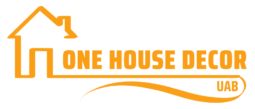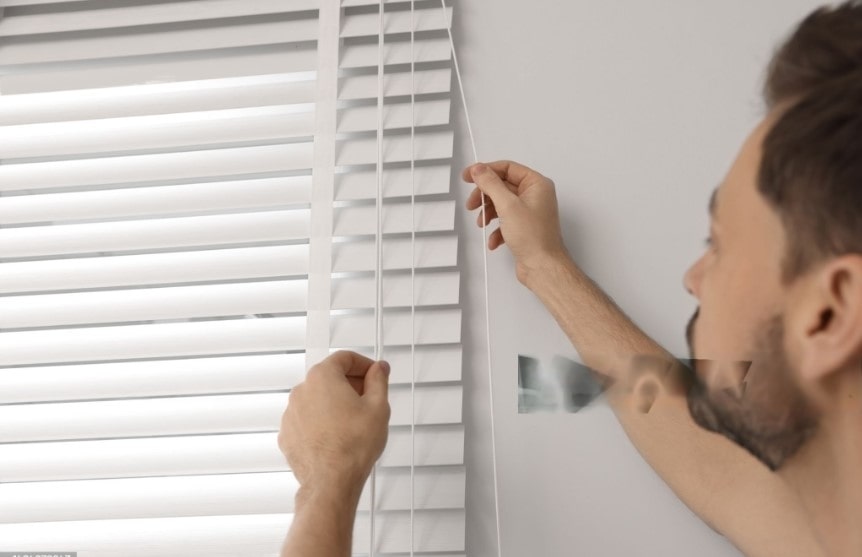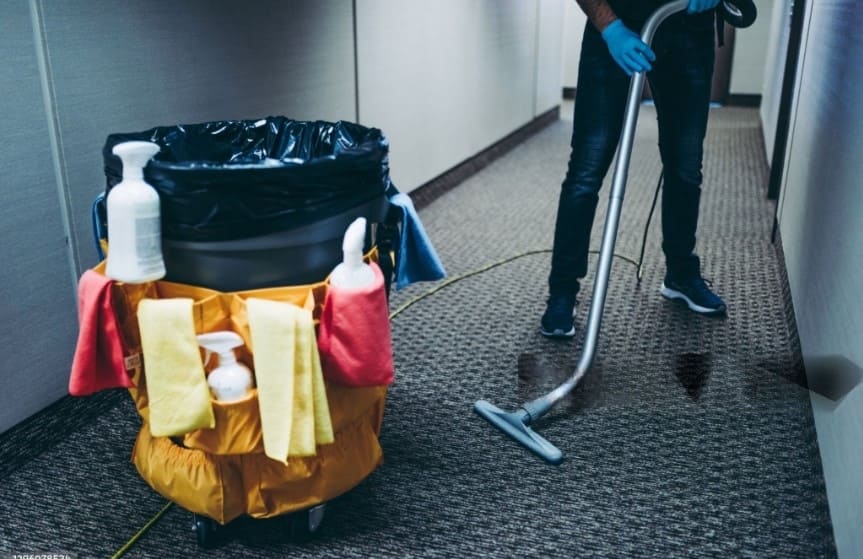Cleaning solar panels atop elevated surfaces can be rewarding, but it’s crucial to prioritize safety above all else. Whether you’re tackling the chore yourself or hiring professionals, taking the necessary precautions is vital to prevent accidents and ensure a successful cleaning process. Let’s explore some essential safety measures to keep in mind for solar panel cleaning on elevated surfaces.
Contents
- 1 Assessing the Situation
- 2 Proper Equipment and Gear
- 3 Weather Awareness
- 4 Buddy System
- 5 Mindful Movement
- 6 Regular Maintenance
- 7 Familiarize Yourself with Equipment
- 8 Secure Loose Items
- 9 Protective Clothing and Sun Safety
- 10 Stay Hydrated
- 11 Emergency Preparedness
- 12 Professional Assistance
- 13 Check for Structural Integrity
- 14 Conclusion:
Assessing the Situation
Before you even step foot on a ladder or climb onto a roof, it’s essential to assess the situation thoroughly. Take note of any potential hazards, such as slippery surfaces, loose tiles, or overhead power lines. If the roof is steep or difficult to access, consider hiring professionals with experience in working at heights. Safety should always come first, and if you’re unsure about the risks involved, it’s best to seek expert assistance.
Proper Equipment and Gear
Investing in the right equipment and gear is paramount during solar panel cleaning on elevated surfaces. This equipment includes sturdy ladders, safety harnesses, non-slip footwear, and protective eyewear. Ensure that all equipment is in good condition and properly maintained before use. Additionally, consider using a harness or safety line to prevent falls while working on rooftops. It may seem like common sense, but overlooking these safety essentials can lead to serious injuries.
Weather Awareness
Weather conditions play a significant role in the safety of cleaning solar panels on elevated surfaces. Avoid cleaning during rainy or windy weather, as wet surfaces can become slippery, and strong gusts of wind can destabilize ladders or scaffolding. Instead, choose a dry and calm day for the task, and always check the weather forecast beforehand. It’s better to postpone cleaning than to risk accidents due to adverse weather conditions.
Buddy System
When working at heights, it’s wise to employ the buddy system for added safety. Having a partner nearby can provide assistance in case of emergencies and serve as an extra set of eyes to watch for potential hazards. Whether you’re cleaning solar panels as a DIY project or hiring professionals, having someone else present can offer peace of mind and ensure that help is readily available if needed.
Mindful Movement
Once you’re on the roof or elevated surface, practice mindful movement to minimize the risk of accidents. Avoid sudden movements or reaching too far beyond your comfort zone. Instead, move slowly and deliberately, keeping your centre of gravity low and distributing your weight evenly. Pay attention to your surroundings and watch out for any obstacles or uneven surfaces that could cause you to trip or lose balance.
Regular Maintenance
Prioritize regular maintenance to keep your solar panels and surrounding areas in optimal condition. This maintenance includes periodic inspections for signs of damage or wear, as well as routine cleaning to remove dirt, debris, and other contaminants. By staying proactive with maintenance, you can prevent potential safety hazards and ensure that your solar panels continue to operate efficiently for years to come.
Familiarize Yourself with Equipment
Before starting the cleaning process, take the time to familiarize yourself with the equipment you’ll be using. This step includes understanding how to properly set up and secure ladders, scaffolding, or other access tools. Ensure that you have a firm understanding of how to use any specialized cleaning equipment, such as soft brushes or squeegees, to avoid damaging the solar panels or the roof surface.
Secure Loose Items
When working on an elevated surface, it’s essential to secure any loose items that could pose a hazard. This securing includes tools, buckets, or cleaning supplies that could fall and injure someone below. Use tool belts or harnesses with attached pouches to keep essential items within reach and prevent them from becoming tripping hazards.
Protective Clothing and Sun Safety
In addition to safety equipment, it’s essential to protect yourself from the elements when working outdoors. Wear lightweight, breathable clothing that covers your arms and legs to protect against sun exposure and potential scrapes or cuts. Apply sunscreen with a high SPF to exposed skin, and wear a wide-brimmed hat and sunglasses to shield your face and eyes from the sun’s glare.
Stay Hydrated
Working outdoors, especially on hot or sunny days, can quickly lead to dehydration. Make sure to drink plenty of water throughout the day to stay hydrated and maintain your energy levels. Consider taking frequent breaks in shaded areas to rest and rehydrate, especially if you’re feeling fatigued or overheated.
Emergency Preparedness
Despite taking all necessary precautions, accidents can still happen. Be prepared for emergencies by having a first aid kit readily available and knowing how to administer basic first aid for common injuries. Additionally, make sure that someone else is aware of your whereabouts and the task you’re undertaking if you need assistance.
Professional Assistance
If you’re uncomfortable with the idea of cleaning solar panels on elevated surfaces or lack the necessary equipment and expertise, don’t hesitate to seek professional assistance. Hiring experienced exterior house cleaning professionals can ensure that the job is done safely and effectively, giving you peace of mind knowing that your solar panels are being properly maintained.
Check for Structural Integrity
Before ascending to clean solar panels, thoroughly inspect the structure of the roof or elevated surface. Look for signs of damage, such as rotting wood, cracks, or weakened supports. If any structural issues are detected, refrain from accessing the area until a qualified professional has made repairs. Neglecting structural integrity can lead to dangerous accidents, so it’s crucial to prioritize this aspect of safety.
Conclusion:
In conclusion, safety should always be the top priority when cleaning solar panels on elevated surfaces. By assessing the situation, using proper equipment and gear, remaining weather-aware, employing the buddy system, practising mindful movement, and prioritizing regular maintenance, you can minimize risks and ensure a safe and successful cleaning process. Remember, it’s better to take precautions than to deal with the consequences of accidents. So, before you embark on your next cleaning adventure, make safety your guiding principle.




